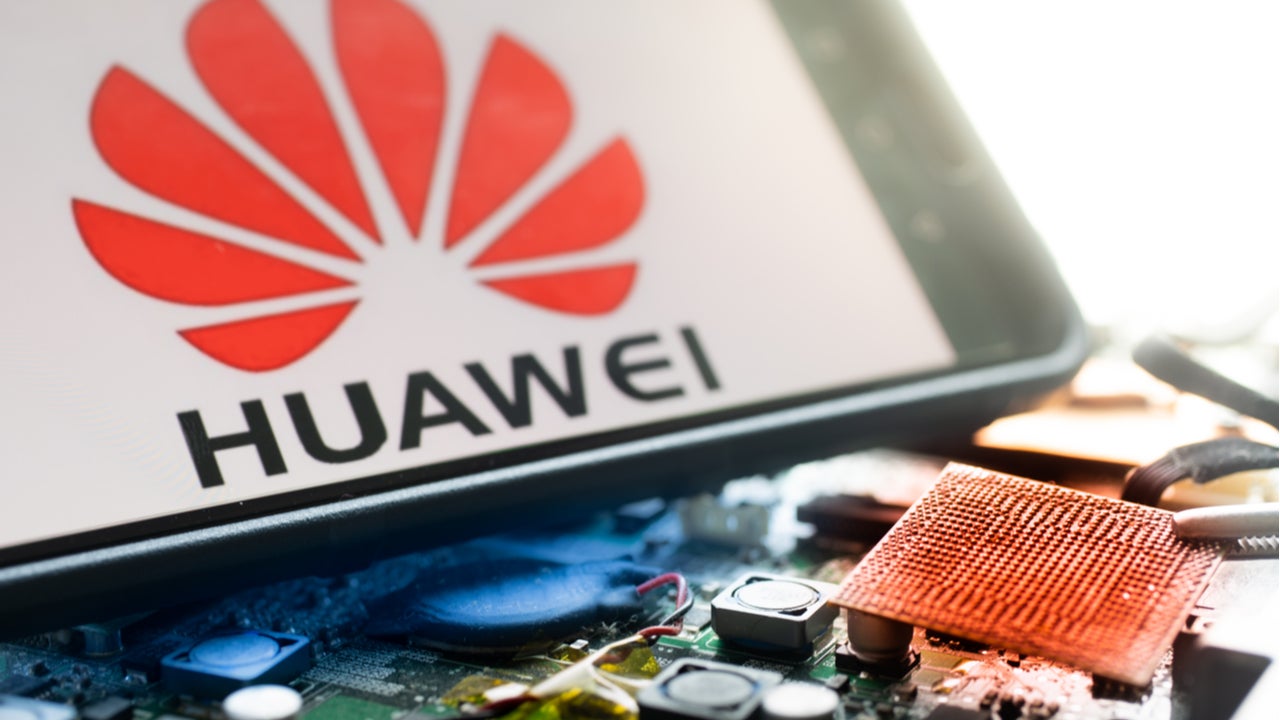
While Huawei may be facing continued pressure internationally, the Chinese tech company is keeping up efforts to cover its software and hardware needs with in-house solutions. According to a Chinese media report on Monday, the tech giant is currently developing a 3-nanometre (nm) chip, tentatively named Kirin 9010.
According to the latest report, Huawei Technologies applied for the registration of its Kirin 9010 processor trademark on April 22. This indicates that the Chinese tech company is continuing its efforts to establish itself as an autonomous chipmaker after being practically cut off from the US semiconductor industry last year.
As part of the continuing trade war between China and the US, and amid allegations that Huawei is building backdoors into its equipment for Beijing espionage-use, the White House placed stifling sanctions on the Chinese company. The new rules stated that American chipmakers would first need a license before being allowed to sell semiconductors to Huawei.
Last August, the ban was extended to foreign firms with US business, reaching chief suppliers such as Taiwan Semiconductor Manufacturing Company (TSMC). The ban hit Huawei’s Achilles heel, as the company depends on TSMC to make advanced chips for its products.
Since TSMC is leading the pack in the semiconductor industry, it will be difficult for Huawei to release a 3nm chip without the Taiwanese manufacturer’s involvement. Since the 3nm process is yet to mature, it is expected that production of the Kirin 9010 will not start before 2022.
Last month Huawei deputy chairman and rotating chairman Xu Zhijun raised the need for Huawei to boost its in-house semiconductor production.
How well do you really know your competitors?
Access the most comprehensive Company Profiles on the market, powered by GlobalData. Save hours of research. Gain competitive edge.

Thank you!
Your download email will arrive shortly
Not ready to buy yet? Download a free sample
We are confident about the unique quality of our Company Profiles. However, we want you to make the most beneficial decision for your business, so we offer a free sample that you can download by submitting the below form
By GlobalData“The US restrictions on Huawei have disrupted the trust system of the global semiconductor industry chain, caused panic stocking by global companies and ultimately led to a global semiconductor supply shortage,” he said during the annual Huawei analyst conference.
Xu also outlined five core strategies for the company, among which the need to develop the company’s software engineering capabilities and reduce reliance on foreign semiconductor manufacturers was chiefly mentioned.
Two years ago, Huawei decided to invest $2bn into its software engineering capabilities. When questioned about HiSilicon, a fabless semiconductor subsidiary wholly owned by Huawei, Xu said that it did not require profitability and that Huawei would continue to support it if it could afford to do so. “HiSilicon will continue to do research and development and accumulate and prepare for the future,” he said.




